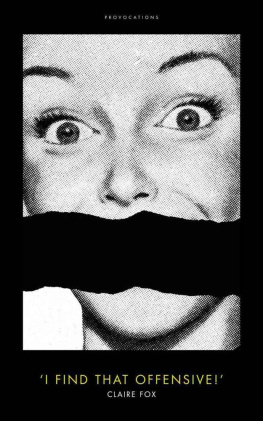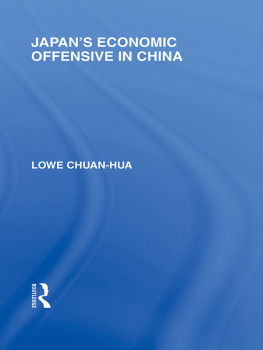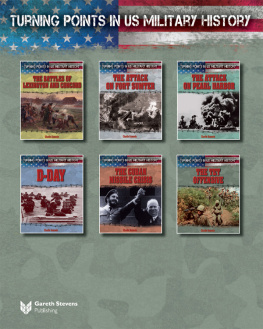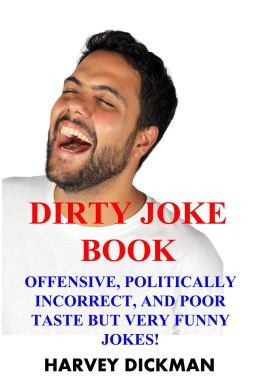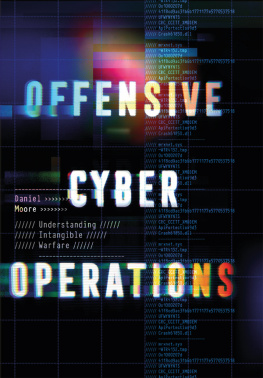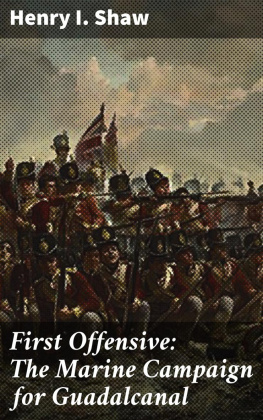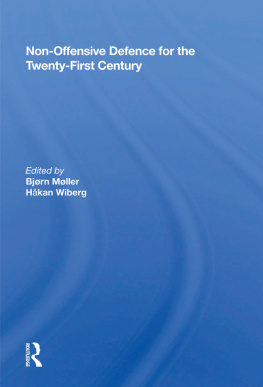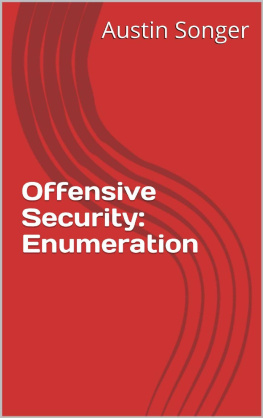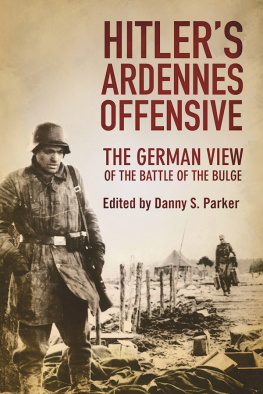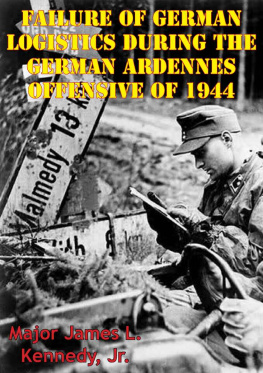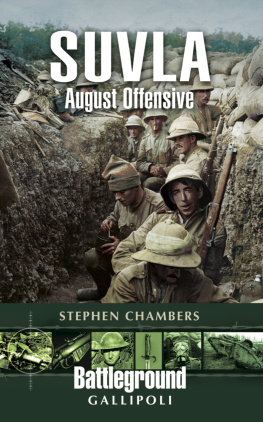I DEDICATE THIS BOOK to my much younger colleagues at the Institute of Ideas (IoI), who are an embodiment of the resilient and smart young people that are bold enough to want to change the world, however many insults are thrown at them. And also to the thousands of IoI Debating Matters alumni, from sixth form to young adulthood, who are proof that arguing about ideas without restraint, learning to take criticism on the chin, having better things to do than feeling hurt, can help encourage others to be not so easily offended.
I offer special thanks to Rob Lyons, Austin Williams, David Bowden, Rossa Minogue and Geoff Kidder for reading first drafts and helping me to better articulate what I wanted to say.
Prologue:
A tale of two schools
I N SPRING 2015, I was asked to give two different talks to sixth-form students at two very different schools. This book is inspired by what happened.
* * *
The first incident was at a school with over 90 per cent Muslim students and I was there to discuss free speech post-Charlie Hebdo. Credit to the teachers who invited me; they realised that this talk would most likely offend the pupils. Indeed, it did. Almost everything I said in defence of Enlightenment values my arguments against protecting any one group, whether based on religion, ethnicity or sexuality, from offence was met with gasps of disbelief. At one point I apparently made a religious faux pas when I explained, It doesnt matter how upset people were by a picture of Mohammed on a magazine front cover, the point is and was interrupted by screeches of horror. I had seemingly broken some rule by failing to say The Prophet Mohammed. While a minority heckled how dare you, many seemed more upset than angry. Some of the girls in the front row looked close to tears. I feared that some were ready to walk out and I had to shout through the uproar, explaining that I was there to talk about free speech, not theology. While I had not sought to be gratuitously offensive about Mohammed, I urged them to listen to my arguments and discuss with me, rather than being outraged about a linguistic mistake. It took a while before relative calm was restored, but what struck me was how distressed they were by my remarks. This was not a feigned response or an affectation; they had been genuinely hurt.
In the discussion that followed, it became clear that these lovely, bright young people had found it difficult to hear my arguments without taking them personally. The girls in particular seemed distraught, as though I had insulted each one of them rather than making a general case for free speech. One young woman, her voice quivering, explained that she felt devastated whenever the Prophet Mohammed was disrespected. Another tearfully said that maybe non-Muslims didnt care about the precise use of words or images but, for her, seeing something like the Hebdo cartoons was, she explained, like being physically assaulted or being exposed to the vilest pornography. And while some of this may have been a demonstration of typical teenage melodrama, the pupils did seem taken aback that I was prepared to stand up to their diktats telling me what I was permitted to say about their religion without being defensive about challenging some of their ill-informed prejudices. When I took on one boys conspiracy theory that there was no proof that Islamic terrorists had perpetrated 9/11, he replied, Well thats just your opinion. Other pupils argued against him, but suggested I needed to make allowances. Several London-born-and-raised teenagers explained that maybe, as a Western woman, I needed to be more sensitive; I couldnt possibly understand their pain or the suffering of the worldwide Ummah. Maybe, one pupil suggested, I should listen to him, not the other way round.
As many more tried to inform me that Europe was awash with Islamophobia, I managed to challenge them, but found it difficult to reassure these genuinely frightened pupils with facts. They quoted mainstream politicians and news programmes on the dangers of a backlash post-Charlie Hebdo, and seemed to believe that anything less than uncritical respect for Islam amounted to hate speech and was just one step away from anti-Muslim pogroms.
I got through the event shaken but intrigued. The hard-pressed teachers seemed delighted that I had started a debate. When I related this story afterwards, many people concluded that the problem here was the nature of Islam. They suggested that the Koran, or a perverted reading of it, had somehow taught these pupils intolerance and had bred a particular inability to have their views challenged. But, actually, the reception to my remarks was personal, and I recognised that look of hurt in the pupils eyes when I criticised their views. I had seen a similar thin-skinned reaction before: when I received an almost identical response from a completely different group of pupils to a speech on a completely different topic.
At the second school, I had been asked to debate the motion Ched Evans: social justice or mob rule?, about whether footballer Ched Evans, a released convicted rapist, should ever be employed to play professional football again. I was on the back foot from the start. The allegedly neutral sixth-former introducing the debate explained that, as a feminist, she was against rehabilitating rapists. My official opponent, a well-known TV personality, followed on with a rousing speech about the horrors of rape. When she asked 25 per cent of the audience to stand up so that she could illustrate how many of them were likely to end up being sexually assaulted, the pupils were gripped. That infamous one in four stat may be inaccurate, but it has become an unchallengeable truth. My rather dry defence of rehabilitation, the rule of law, natural justice, impartiality, a fresh start once you have done your time, and the dangers of emotionally clouded judgements on sentencing were never likely to win me allies. They didnt.
But it was when the Q&A started that things really heated up. It became obvious that there was an accepted, acceptable narrative here, and any challenge to it led to accusations of victim-blaming or rape apologism. The contributions became increasingly shrill, with several students demanding that anyone convicted of rape should be locked up for life and denied the right to be a father, let alone be allowed to have a job. It was then that it dawned on me that one of the reasons that my arguments were making little headway was that the students had already internalised the fact that rape and sexual assault were unquestionably the most heinous thing these teenagers could imagine happening, a crime beyond forgiveness, and that its victims would never be able to get over it. Whatever I said was secondary. The definitions of rape being used by the pupils were very broad, incorporating everything from unwanted advances to regretted sex, and were being discussed as though it was an imminent threat to each and every one of them.
I was genuinely worried that these students particularly the young women would fare badly in the post-school real world if they were so terrified. I decided, perhaps rashly (quoting Germaine Greer for recognisable feminist cred), to tell them that rape was not necessarily the worst thing that could ever happen to an individual. Yes, it is a serious crime, but we need a sense of proportion. The room erupted. The audience shrieked. A teacher yelled out you cant say that. Girls were hugging each other for comfort. The majority seemed shell-shocked. Even

